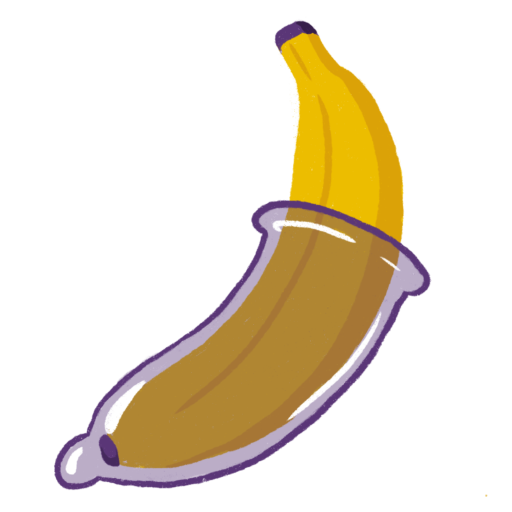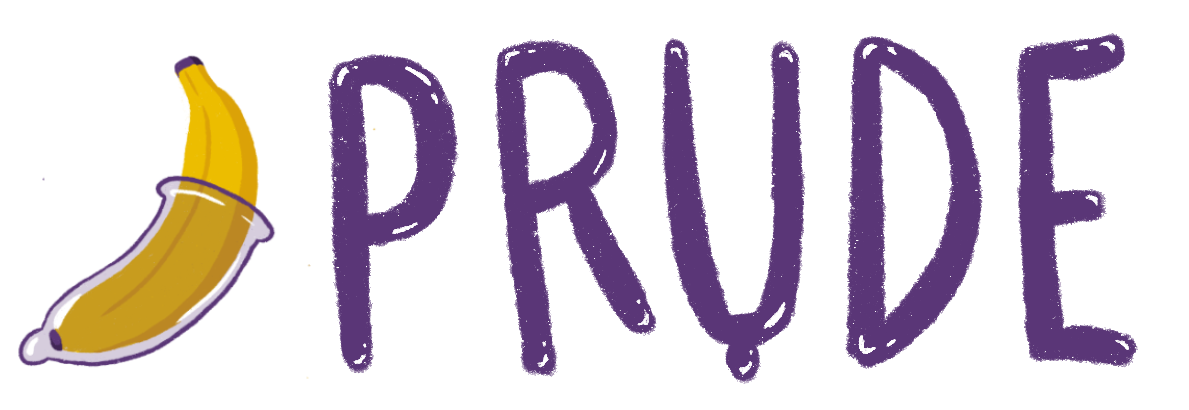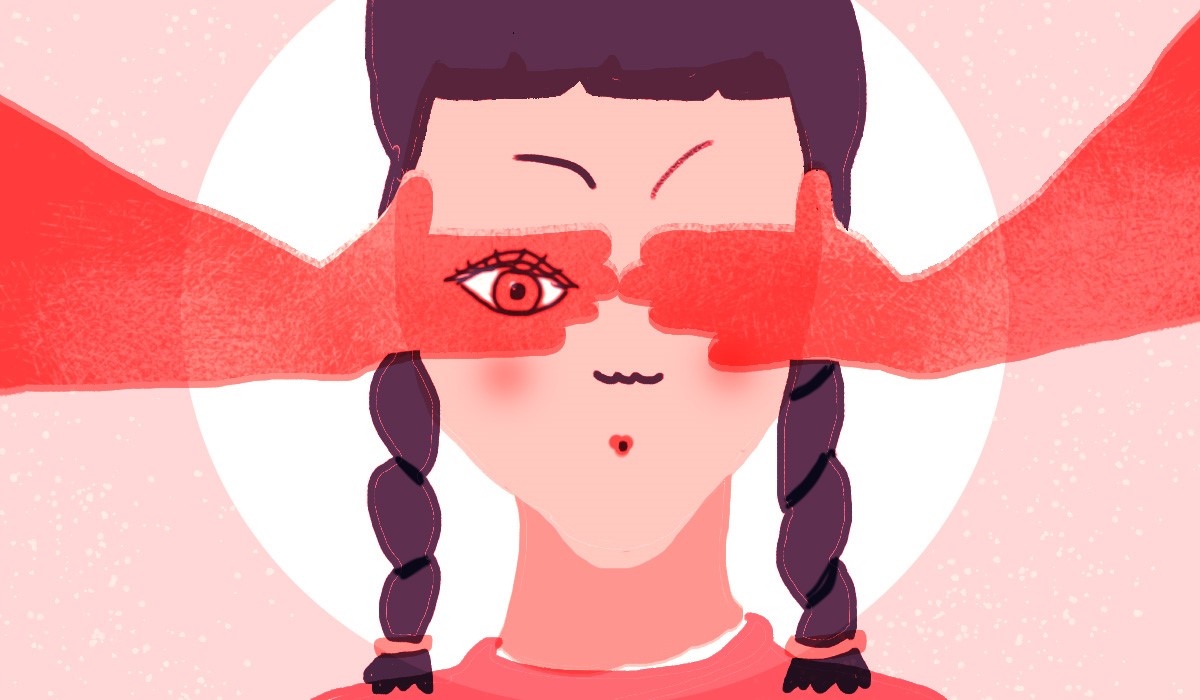Share This Article
“I feel incredibly devastated that I was exposed to so much porn,” 20-year-old singer-songwriter Billie Eilish admitted in an interview last year. Billie said she began watching pornography when she was 11-years-old, and the violent nature of the videos she watched caused her to have vivid nightmares and sleep paralysis. “As a woman, I think porn is a disgrace,” Billie added, claiming that it also negatively impacted her sex life.
But who is to blame for Billie’s ability to access pornography in childhood? Can privacy softwares be trusted to prevent children from watching explicit content, or is it down to parents and guardians to ensure that their children stay safe online?
The world’s first online safety bill was introduced in Parliament last week, promising to create a safer online environment for children. One change the bill has introduced is: “Making sure all websites which publish or host pornography, including commercial sites, put robust checks in place to ensure users are 18-years-old or over.” This has been done in the hope of stopping children from accessing explicit content online. But does it absolve parents’ responsibility when it comes to their children accessing porn?
Adult actress Maitland Ward, best known for playing Rachel in the TV show Boy Meets World, spoke out about Billie’s comments, claiming that it is the responsibility of parents alone to protect their children from sexually explicit content. “That’s abuse,” Maitland said. “A child should not be watching porn ever at that age. She should be blaming her parents.”
Monica*, a 22-year-old student from York, had a similar experience with pornography to Billie. After receiving an iPod Touch for Christmas at age 10, it became part of her daily routine to use it to browse the internet, chat with friends, and play games.
Knowing no one was watching her, and feeling curious, Monica searched “girls kissing” on YouTube. Within seconds she had access to hundreds of uncensored videos and links to take her to any other type of sexual content imagineable. Still extremely young, with little to no sex education, Monica had no idea what the implications of watching these graphic videos were.
A statement by UNICEF claims that exposure to porn in childhood has the possibility to lead to poor mental health, as well as normalise abusive and misogynistic behaviour which children may then believe is acceptable. Monica was uncomfortable about the videos she was watching, too embarrassed to voice her concerns to an adult.
“I remember searching, ‘can you get pregnant from watching porn?’,” she says. She had never discussed this with anyone, and began harbouring a lot of shame related to the content she was consuming. “One time my iPod froze on a porn scene. I remember thinking I would have to smash it with a hammer and throw it out the window to pretend it broke because I was so ashamed. This was my biggest secret.”
A lack of transparency from her parents and teachers about the realities of sex not only increased this shame, but also meant that Monica believed the porn she was watching was reflective of a normal sexual encounter. “I wish I’d had a more realistic depiction of what sex was like. Maybe then I wouldn’t have gone into my first sexual relationship with the idea that my job was to please the man.”
Monica believes that a conversation with her parents about porn and the content that was out there online would have been extremely beneficial. “It is a parent’s responsibility to educate their kids on what porn is, the bad sides of porn, and what realistic sex is like,” she says. Then, even if she had still stumbled across this content, she would have been aware of what it was and what it meant.
However, a study conducted by the British Board of Film Classification found that the majority of parents were unaware of their children having access to porn. It was revealed that 75 per cent of parents felt that their child would not have seen pornography online, but more than half of children (53 per cent) said they had in fact seen it. These figures demonstrate a worrying discrepancy between children’s internet habits and their parents’ knowledge of what they are accessing.
Health and parenting journalist Wendy Wisner explains that: “Pornography is so ubiquitous on the internet that even the best digital parental controls can’t always filter it. Your child may type in a website wrong on their browser, for example, and a pornography site may pop up.” It is almost impossible for parents to police children’s viewing habits entirely, even with the right controls in place.
Eddie Evans, an AI and data engineer, also isn’t so sure that we can rely on tech alone to keep children away from pornography. “Age verification checks aren’t brilliant because most of the time they are third party. The main problem is the privacy issues that they create. If PornHub uses third party software and your data gets leaked, it’s not the porn site that takes the brunt of that, it’s the third party website they’ve chosen,” he explains. This means that the softwares designed to protect may also be stealing data at the same time, and this has no impact on the porn site itself.
However, this is not the biggest problem when it comes to implementing age checks. “We’re assuming that all porn sites are above-board, which is famously not true. If you look at what the legislative punishment is [for not age checking], it’s 10 per cent of their annual revenue as a fine, or being banned in the UK. It’s just going to go the way of pirating films instead, so it’s not going to be feasibly executable to remove all access to porn.”
There are also various ways around the UK laws which are relatively simple. “Loads of big sites are asking people to use VPNs and it’s really easy to do. If you use that, you can very easily get around the age verification process because only the UK are implementing it. I could log in from Spain and use the website without age checks. That would be very, very easy for children to do,” says Eddie.
Whilst Eddie believes that age verification will be mostly effective, there are always options to bypass them. The nature of the internet means that parents may never be completely sure that inappropriate content will be inaccessible or where it will come from. With this in mind, Monica says that the best solution is for parents to educate their children alongside having safety checks.
“Avoiding discussions of porn will demonise it,” Monica says. “Parents should steer their children in the right direction to healthy websites and resources during conversations about sex, as long as they have spoken about the bad ones and why they’re bad.”
Enjoyed this article? Read more here: ‘I feel extremely guilty’: How sex lives are affected by antidepressants




